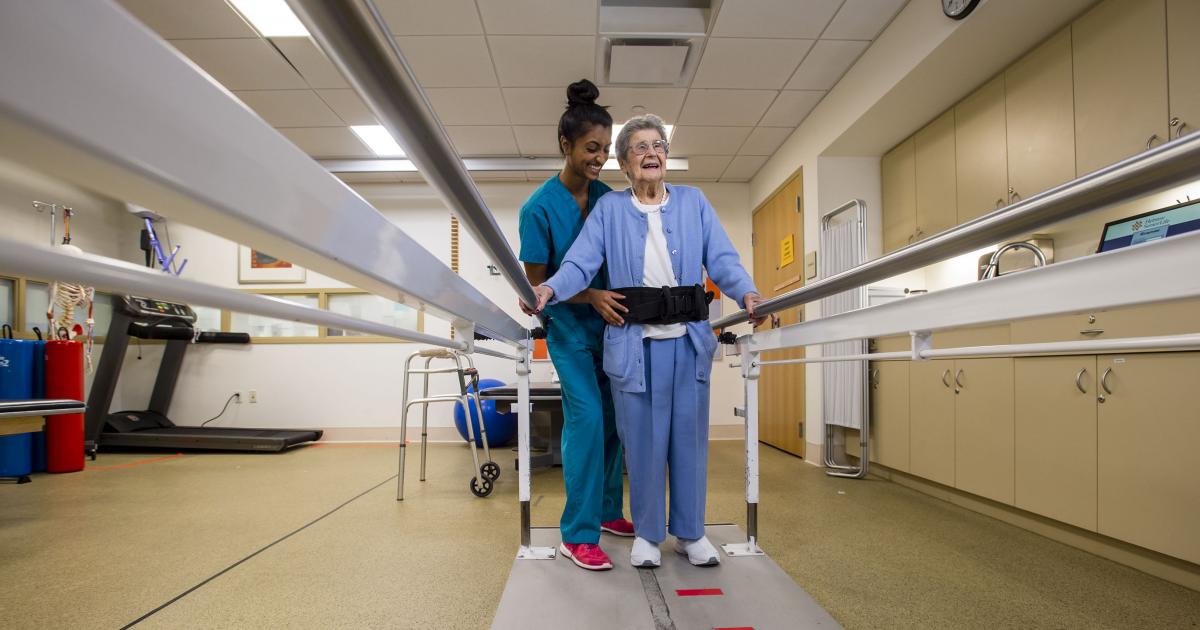

The Healthcare Industry is an industry where, with non-stop challenges and professional demands, an increasing number of experienced professionals are needed to handle those challenges, particularly among nurses. But their roles are not limited to one city or one hospital; to get more experience and exposure, they are often hired as Travel Nurses. Now if you are working as a nurse in the clinic or the hospital and you are eyeing on the opportunity as a travel nurse and want to explore more about the role, then this blog might excite you, as it will help you understand the different sets of contractual period, how and what contract will help you get the best experience and exposure in the industry. So, if you have questions like “How long does a travel nurse contract typically last?”, then this blog will be your complete guide.
What is a travel nurse contract?
A travel nurse contract is a simple concept. It’s a legally binding agreement between a nurse, a staffing agency, and a healthcare facility. This agreement outlines your job responsibilities, the length of your assignment, your pay structure, benefits, housing arrangements, and any special requirements, such as specific certifications or experience levels. Unlike traditional staff nursing, travel nursing is based on short-term assignments, making it ideal for nurses who want flexibility, adventure, and a variety of work experiences.
How Long Do Travel Nurse Contracts Typically Last?
To answer this question, you have to look into different types of contracts, whether are we talking about short term contracts to take Care of some crisis or we are talking about general contracts which would be basic that would last anything between 8-13 weeks or we are looking long-term contracts, that will last for a year or more. The answer isn’t one-size-fits-all. While many contracts follow a standard length, opportunities exist for shorter, longer, and even ultra-flexible assignments. Understanding these variations can help nurses and healthcare employers alike make better, informed choices.
Here is the breakdown -
The Standard Travel Nurse Contract Length
Most travel nurse contracts last 13 weeks—about three months. This timeframe has become the industry standard because it strikes the right balance:
- Hospitals can fill staffing gaps for a whole quarter.
- Nurses can commit without feeling “locked in” for a full year.
- Agencies can rotate talent smoothly from one facility to another.
That said, while 13 weeks is the baseline, it’s far from the only option available.
Short-Term Assignments
Not every facility needs three months of support. Sometimes, hospitals require coverage for just a few weeks due to a staff member’s sudden leave, a seasonal patient surge, or a temporary program launch.
Short-term travel nurse assignments can be as brief as 4–8 weeks. These are ideal for:
- Nurses who want to test the waters of travel nursing without a big commitment.
- Healthcare systems are facing urgent but temporary staffing shortages.
- Professionals who value flexibility and quick transitions.
These shorter contracts may pay at higher rates because facilities are often filling urgent needs.
Two-Week Contracts:
In addition to the 13-week standard, there are also rapid-response contracts—assignments as short as two weeks. These are typically offered when a facility faces an immediate crisis, such as:
- Sudden spikes in patient volume (e.g., flu season, local emergencies).
- Unexpected staff absences.
- A critical need in specialized departments like the ICU, ER, or labour and delivery.
Two-week contracts are not the norm, but they are becoming increasingly common in today’s fast-moving healthcare landscape. They appeal to nurses who:
- Want maximum flexibility.
- Enjoy stepping into high-demand situations.
- Value competitive pay for short bursts of intensive work.
While short, these contracts often demand a nurse’s ability to adapt quickly and deliver excellent Care from day one.
Long-Term Contracts
On the other end of the spectrum, some assignments last six months to a year. These long-term placements are less common but can provide more stability, especially in facilities facing chronic staffing challenges.
Long-term contracts often suit:
- Nurses who want the travel experience without moving too often.
- Families or individuals who prefer stability in housing and routine.
- Healthcare organizations need consistent coverage.
Pros and cons of Travel Nurse contract
Short-term contract - When nurses opt for a short-term contract, they are making a conscious choice for flexibility and variety in their careers. While it may not offer long-term stability, it does provide the opportunity to gain diverse experiences and adapt to new environments, all while earning a competitive salary.
Standard contract – This is the most sought-after contract for a reason. It strikes a balance between short-term excitement and long-term stability. It offers the chance for extension, providing a sense of security, while also allowing for flexibility. The only downside is the potential for frequent transitions, but the benefits often outweigh this concern.
Long-term contract - While it may not offer the same level of flexibility as short-term contracts, a long-term commitment to a facility can lead to a more permanent position. This can be an excellent opportunity to deepen your knowledge and experience within a specific facility, potentially leading to a more permanent role.
Why does the length of the contract matter?
Understanding contract duration is more than just scheduling—it impacts your income, lifestyle, and career trajectory.
- Growth - You are on the move; a new role will give you exposure and experience to advance your career.
- Income - Shorter contracts may mean more frequent job searches, while longer ones provide stable pay checks.
- Work-Life Balance - Depending on your current situation and personal preferences, you can take a call to consider which contract is better for you, even for your personal and family life.
How can EmpowerCare help your next venue look for the right contract as a travel Nurse?
At EmpowerCare, we go beyond simply connecting nurses with jobs—we provide the tools and guidance to thrive as a travel nurse.
Here’s what sets us apart:
- Streamlined Contracts: Transparent terms with no hidden surprises.
- Broad Network: Partnerships with hospitals and clinics across the country.
- Personalized Matches: Contracts aligned with your speciality and lifestyle goals.
- Ongoing Support: From onboarding to contract completion, we’re with you every step of the way.
Final Thought
Understanding the requirements of the role is key. All types of contracts will provide you with exposure, but it’s up to you to decide whether you are looking for a short-term, standard, or long-term contract for your career growth. Whether you’re a nurse looking for flexibility or a facility needing temporary staff, contract length plays a key role in ensuring a good fit.
For nurses, these contracts aren’t just about filling shifts—they’re about building a career filled with variety, growth, and opportunity. And with EmpowerCare, you have a trusted partner to navigate every step.
Ready to explore your next travel nursing opportunity?
Join EmpowerCare today and access a wide range of travel nurse contracts tailored to your skills, preferences, and career goals. Whether you’re seeking short-term flexibility or a long-term commitment, we’ll connect you with trusted healthcare facilities nationwide.









